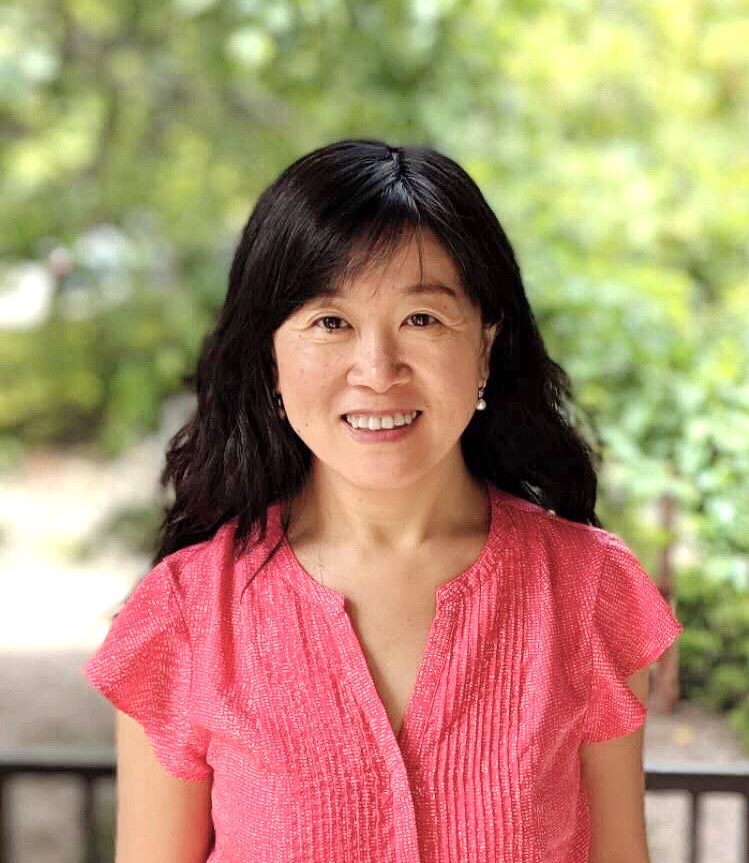In the latest "Curious Minds" column, Rose D. Ors speaks with Wei Chen, Associate GC of Salesforce, about tenacity & grit, and the value of multi-tasking
We continue our monthly column, “Curious Minds”, created by Rose Ors to tap into the minds of legal innovators, disrupters, and out-of-the-box thinkers to learn what influences and inspires their work.
In this column, Rose speaks with Wei Chen, Senior Vice President & Associate General Counsel at Salesforce; and founder of The Atticus Project, about tenacity and grit, integrating data analytics into the legal process, and the value of multi-tasking.
Rose Ors: Who are the thinkers outside of the legal industry that have influenced how you approach your work?
Wei Chen: The individuals who most inspire me are Bill Gates and Elon Musk. Both are courageous enough to tackle the world’s most difficult problems and disrupt industries that are captive to a lot of conventional thinking. While the world has turned away from nuclear power after the Fukushima accident, Gates-backed TerraPower faced the safety challenge head-on by redesigning a molten salt reactor that increases safety and reduces waste.
For years, NASA had been the only name associated with rocket science. Yet under Elon Musk’s leadership, SpaceX created Falcon 9 at one-quarter of the cost spent by NASA by manufacturing the rocket parts itself rather than using the subcontractor model that’s well-established in the aerospace industry.
Rose Ors: As the founder of The Atticus Project, you aim to increase the accuracy and speed of contract reviews using artificial intelligence (AI). How have Gates and Musk influenced how you are approaching your goal?
Wei Chen: The Atticus Project is definitely not nuclear innovation or rocket-science. However, I was inspired by Musk and Gates to not back away from a difficult problem, but to be a part of the solution. Because AI tools are only as good as the training data used to develop them, the AI industry needs experienced lawyers to develop the training data. Instead of waiting for the AI scientists to solve my problem, I’ve decided to tackle the problem.

After a few months of trial and error, the volunteers of The Atticus Project released the first-ever open-sourced labeled dataset for legal contract review. The Atticus Open Contract dataset is a collection of 5,000 full or partial clauses from 200 Edgar commercial contracts. The 5,000 clauses encompass 40 types of provisions, including names of the parties, expiration dates, and uncapped liabilities. We are on track to release the next version with 10,000 clauses in the coming months.
The lack of high-quality training data has been a bottleneck for Legal AI development. We hope this dataset will be a catalyst for legal AI innovations and move the industry forward for all.
Rose Ors: What are the books that have influenced you as a first-time founder?
Wei Chen: There are three books that have had a profound impact on my journey as the founder of The Atticus Project. The first two, Shoe Dog by Phil Knight and Endurance: A Year in Space, a Lifetime of Discovery by Scott Kelly, are memoirs that showed the years of grit and tenacity it takes to find success in a given field.
For Phil Knight, the founder, previous chairman and CEO of Nike, it was his tenacity and grit that turned his once-struggling startup Blue Ribbon Sports into Nike, one of the world’s most iconic global brands. For Scott Kelly — the first person to spend a year aboard the International Space Station — it was his grit and tenacity that helped him become an astronaut. His book chronicles the many hurdles he had to overcome, including training his nearsighted eyes to become 20/20.
The third book is The Alchemist by the Brazilian author Paulo Coelho. The book is a fable about following your dreams. The line in the book that deeply resonates with me is, “When you want something, all of the universe conspires in helping you to achieve it.” I believe that if you are truly persistent, the universe will reward your persistence.
These three books have offered me invaluable lessons on what it takes to turn an idea or goal into reality.
Rose Ors: What fuels your creative thinking?
Wei Chen: My creative ideas always come when I’m multi-tasking. It is when my mind is most active. For example, The Atticus Project’s idea came about when I was working on several large deals at Salesforce that required extensive due diligence. It made me begin to ask the question, can an AI tool help with due diligence?
Rose Ors: What is a big-picture issue facing the legal industry?
Wei Chen: How will the legal industry integrate data analytics — the science of drawing insights from data — into legal research and practice? We are in an age where our recommendations and decisions are increasingly expected to be backed by data. At Salesforce, we use data to make decisions throughout the company, including in the legal department. We have found time and again that data analytics supports better decision-making in both the practice and business of law. I believe this is also true for many large companies and their legal departments.
The role of data analytics in law is a growing trend. I believe it will become an important differentiator for law firms who employ it to help their clients make informed business decisions. I would pay a premium for advice supported by analytical thinking and risk assessment based on reliable data.
Rose Ors: What will it take for law firms to realize the importance of using data to run their firms and offer clients state-of-the-art advice?
Wei Chen: Law firms need to adopt a 21st century mindset. Law firms can no longer offer advice based solely on the professional experience of their most senior lawyers, advice buttressed by research done by junior lawyers, and all billed by the hour.
The modern law firm must harness the power of AI and other powerful technologies to spot trends, patterns, and other drivers to give truly informed advice.
This interview has been edited and condensed by Rose Ors.






